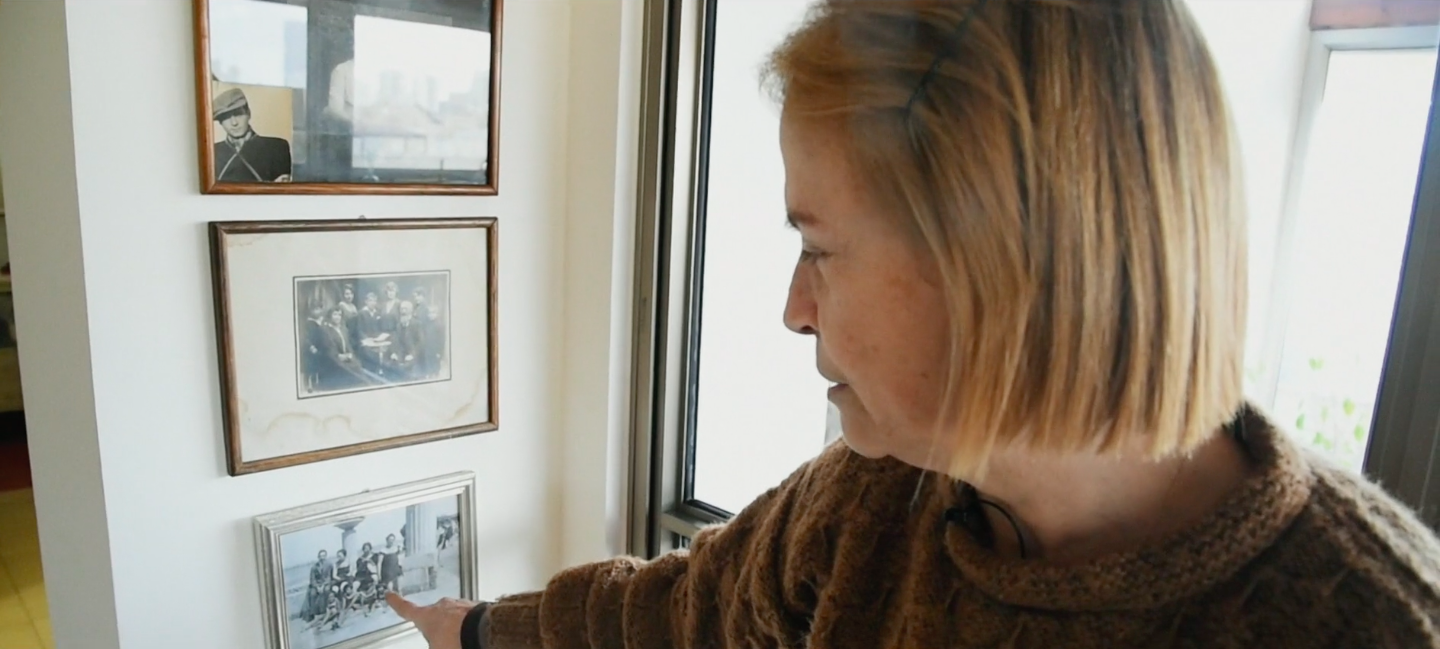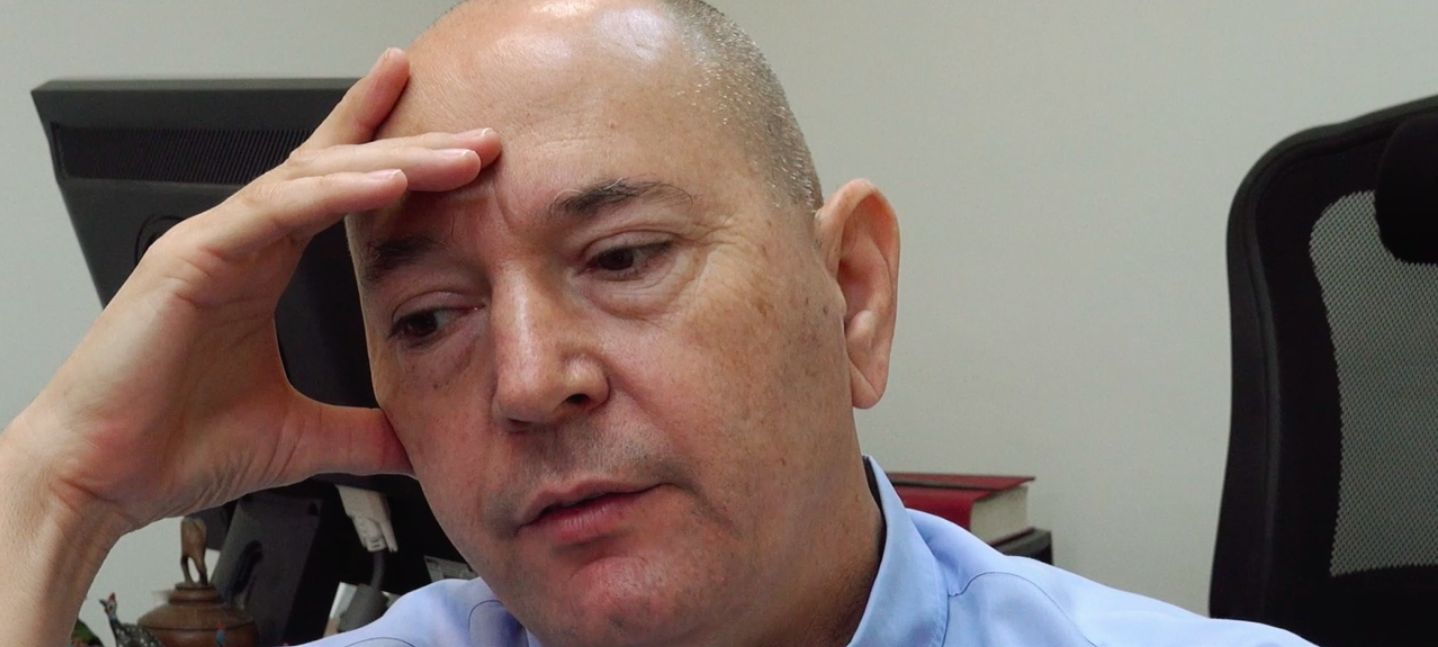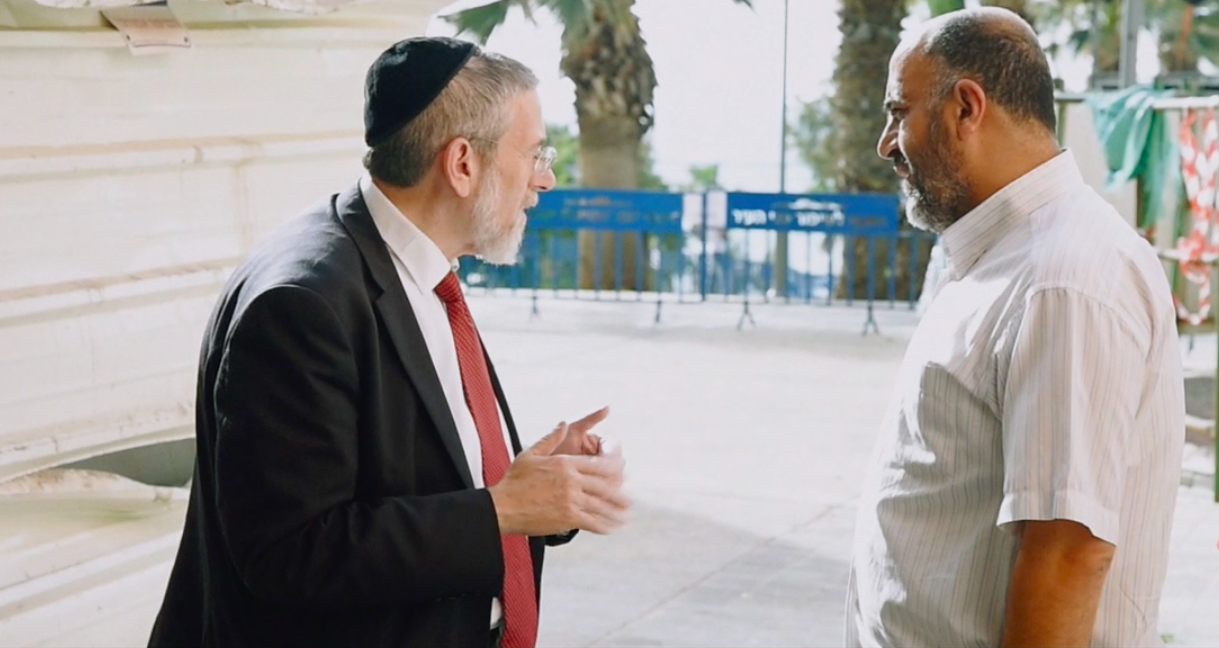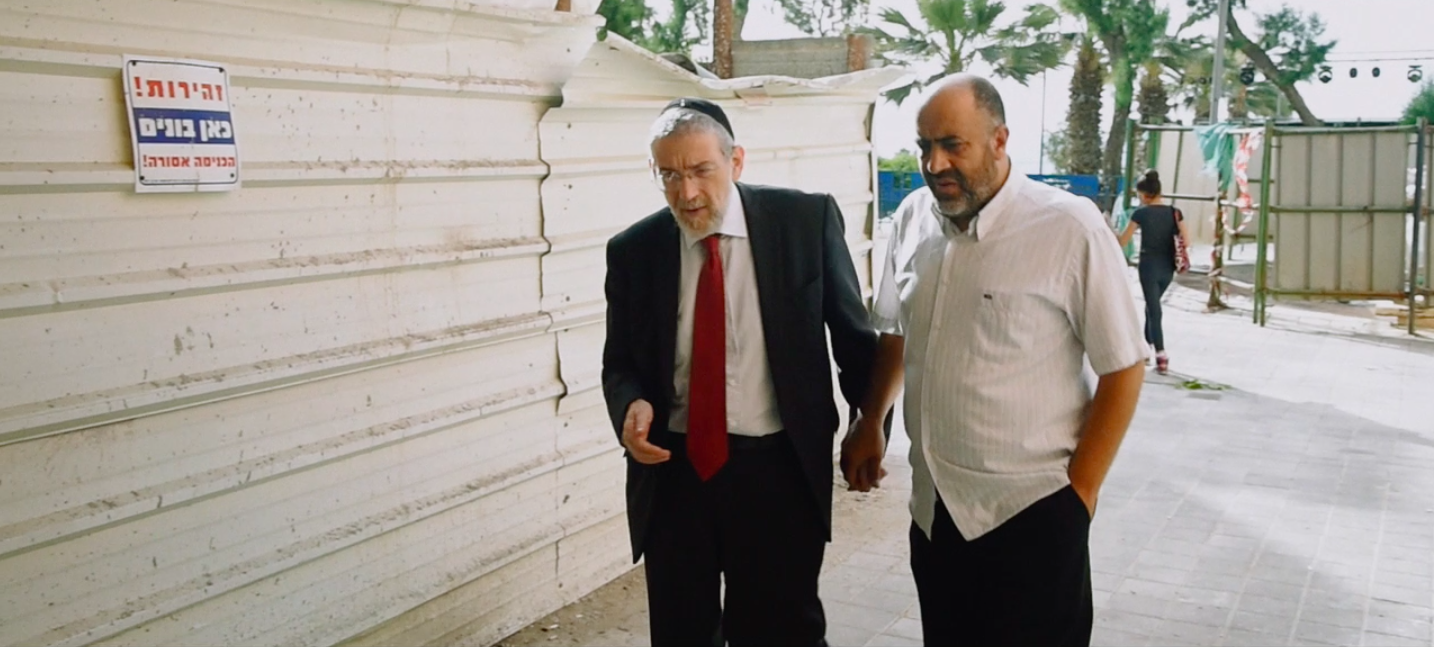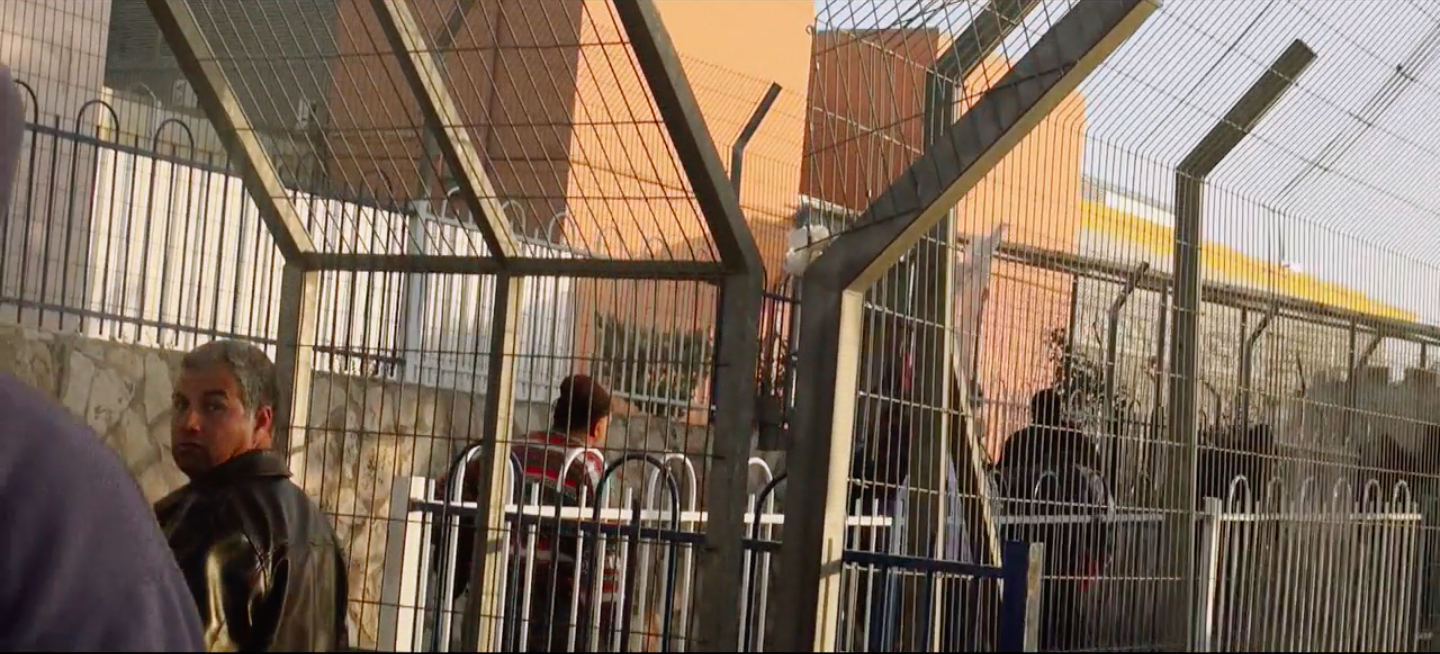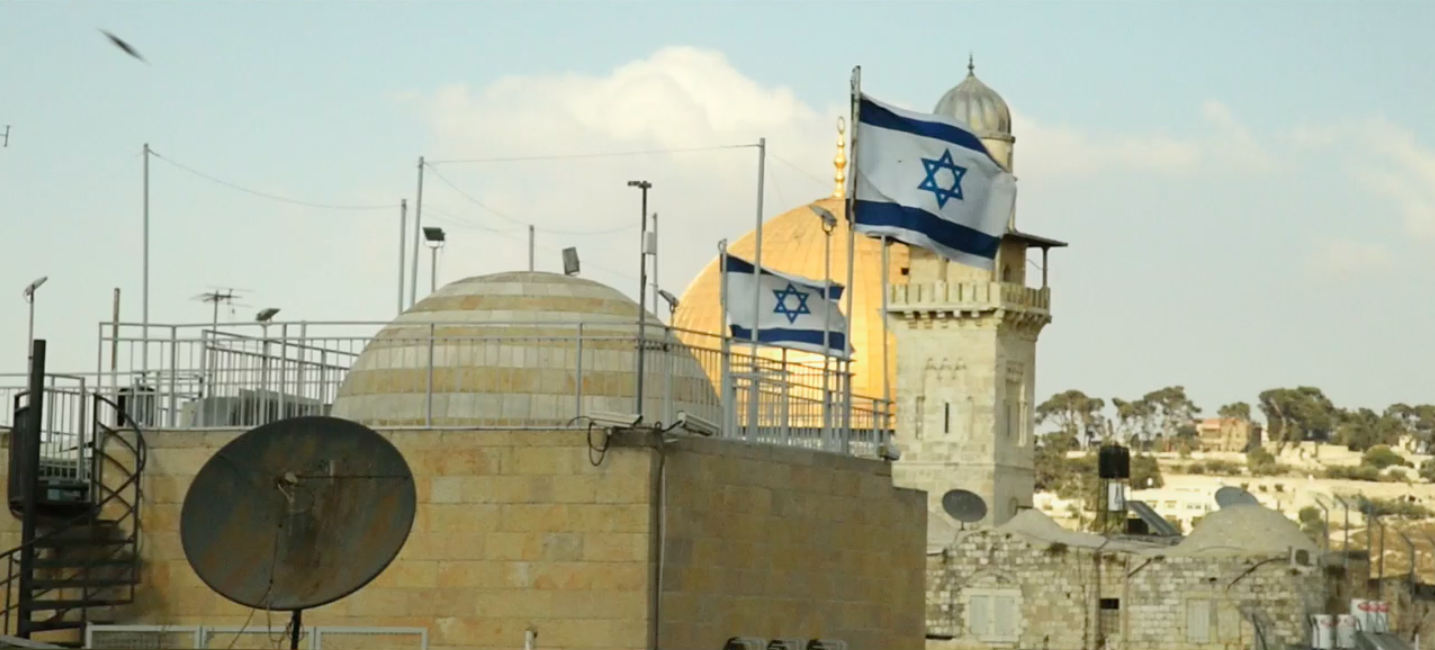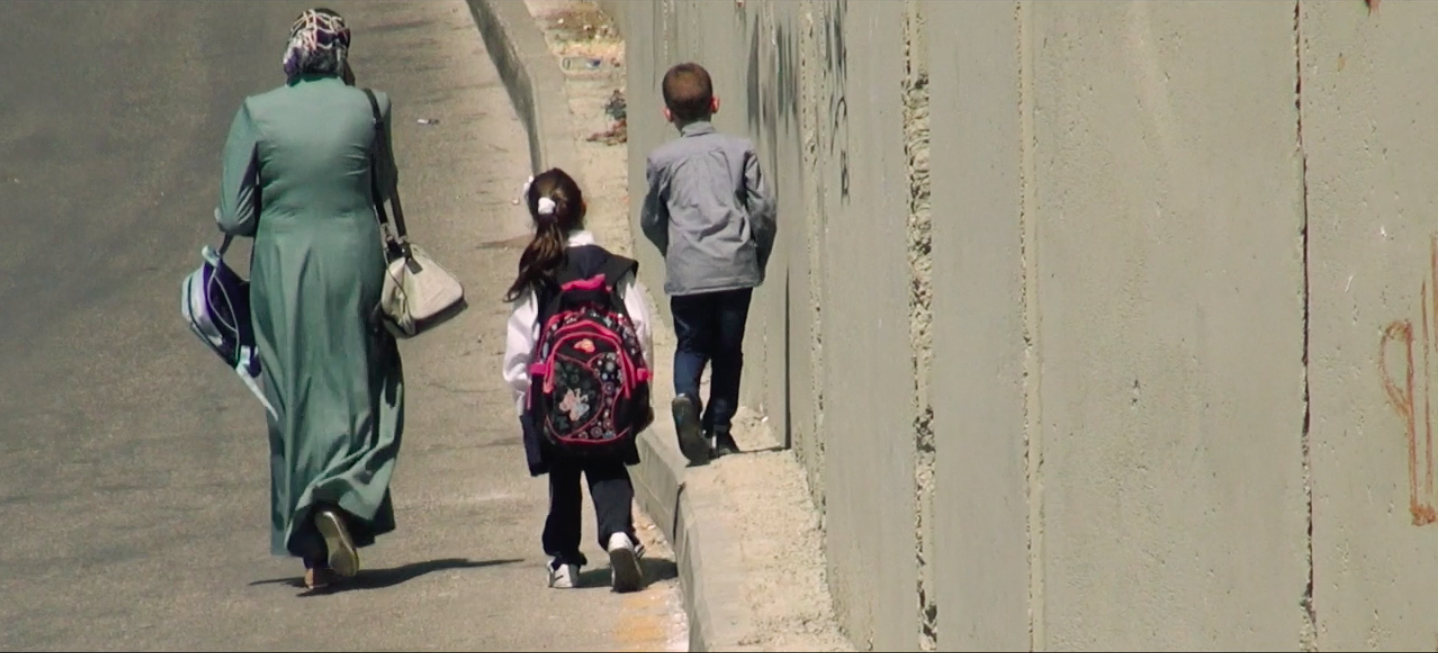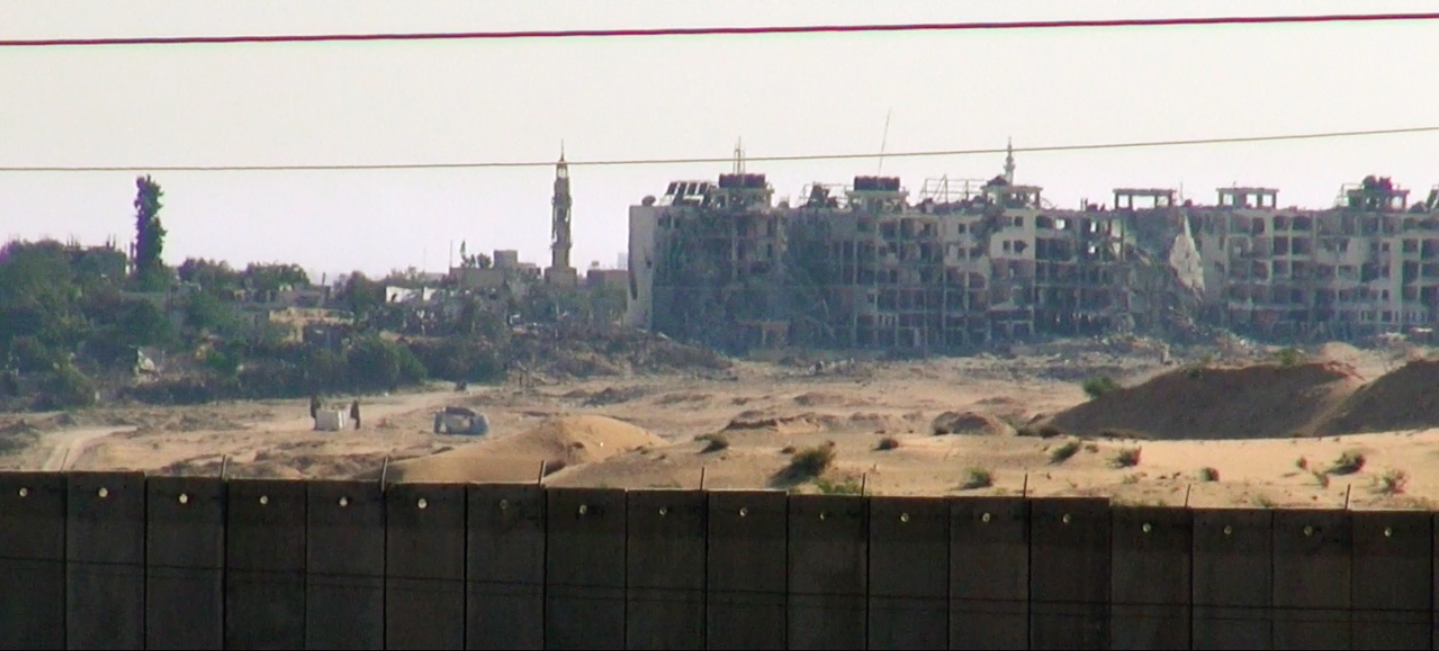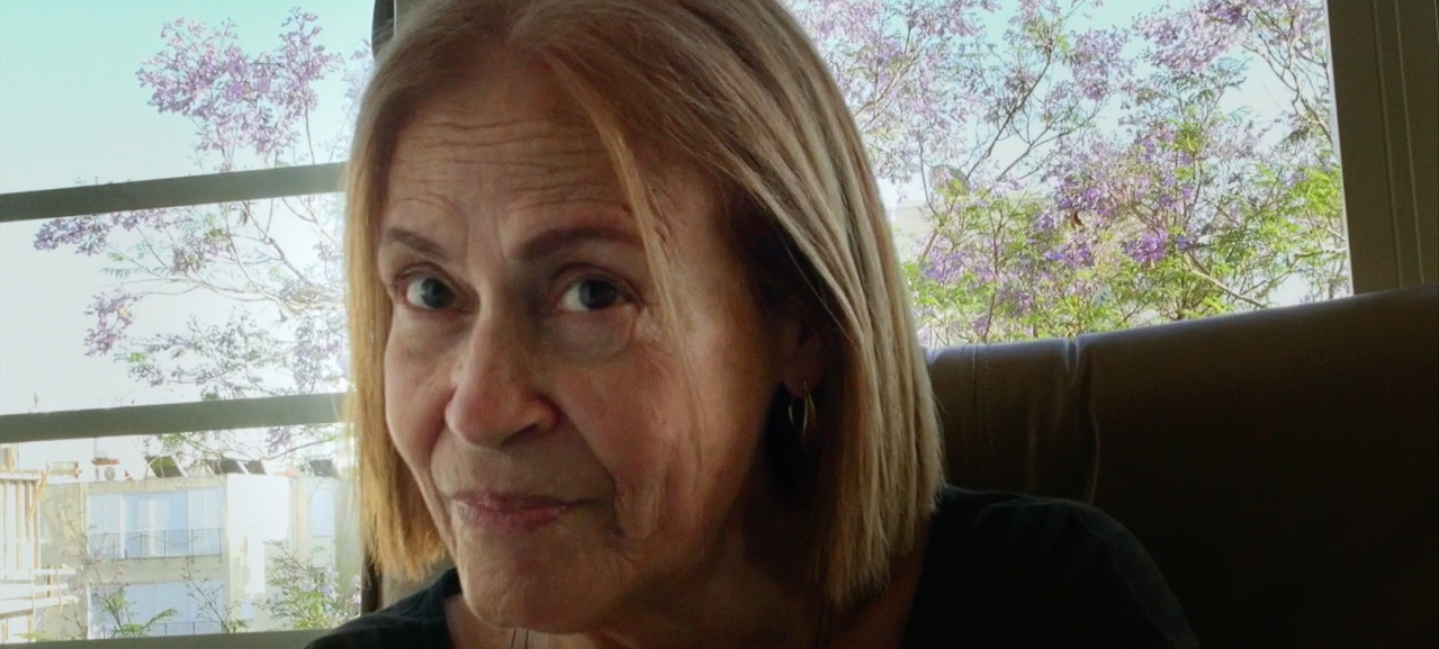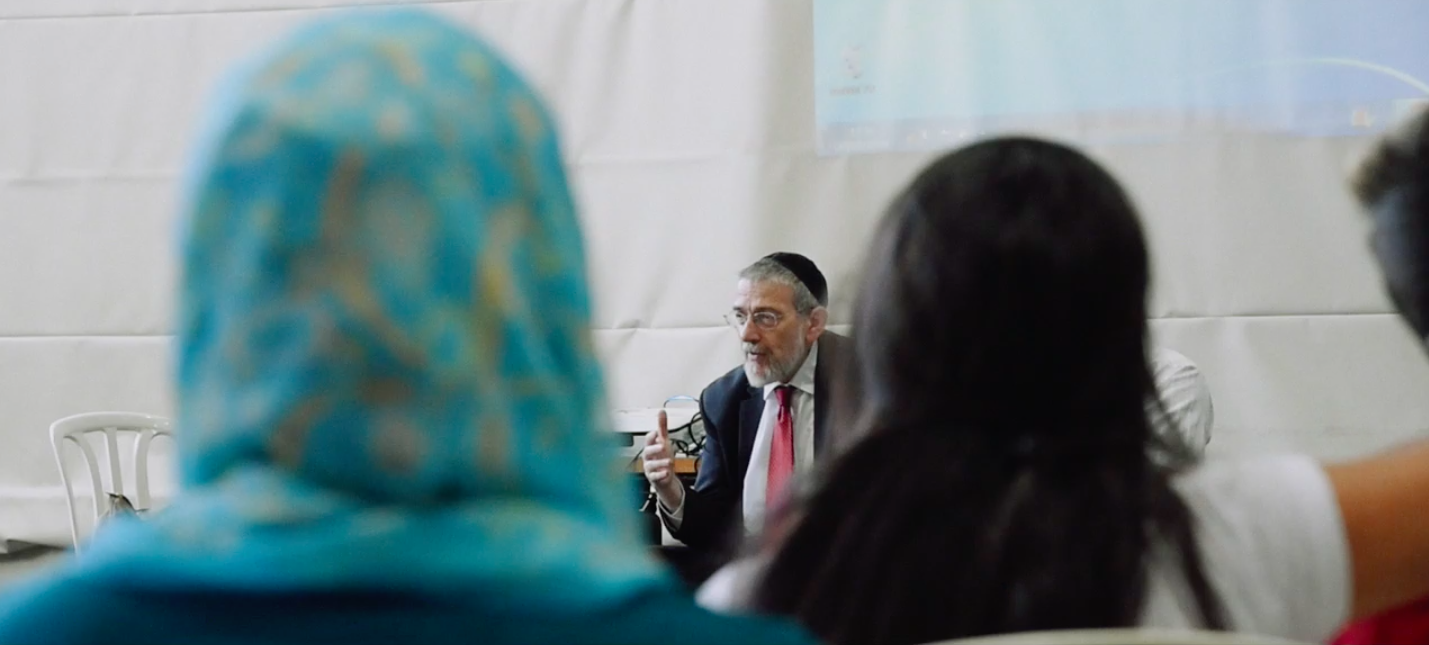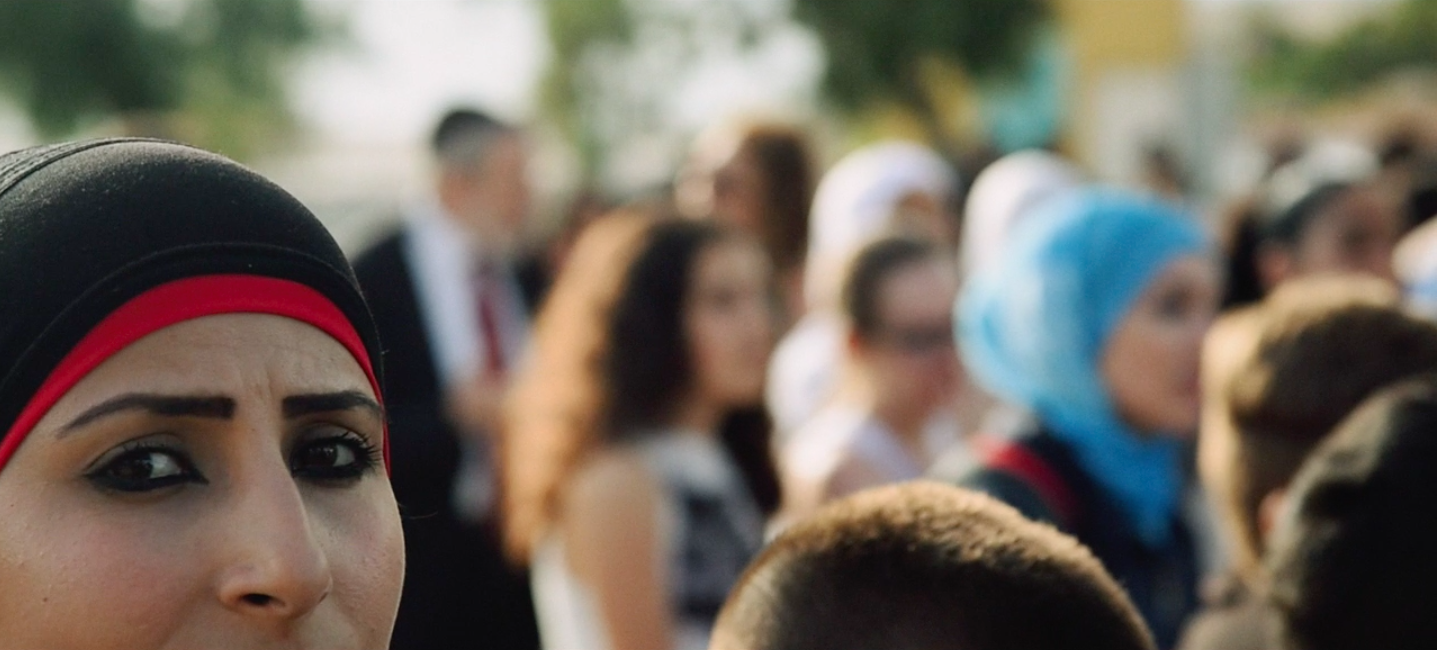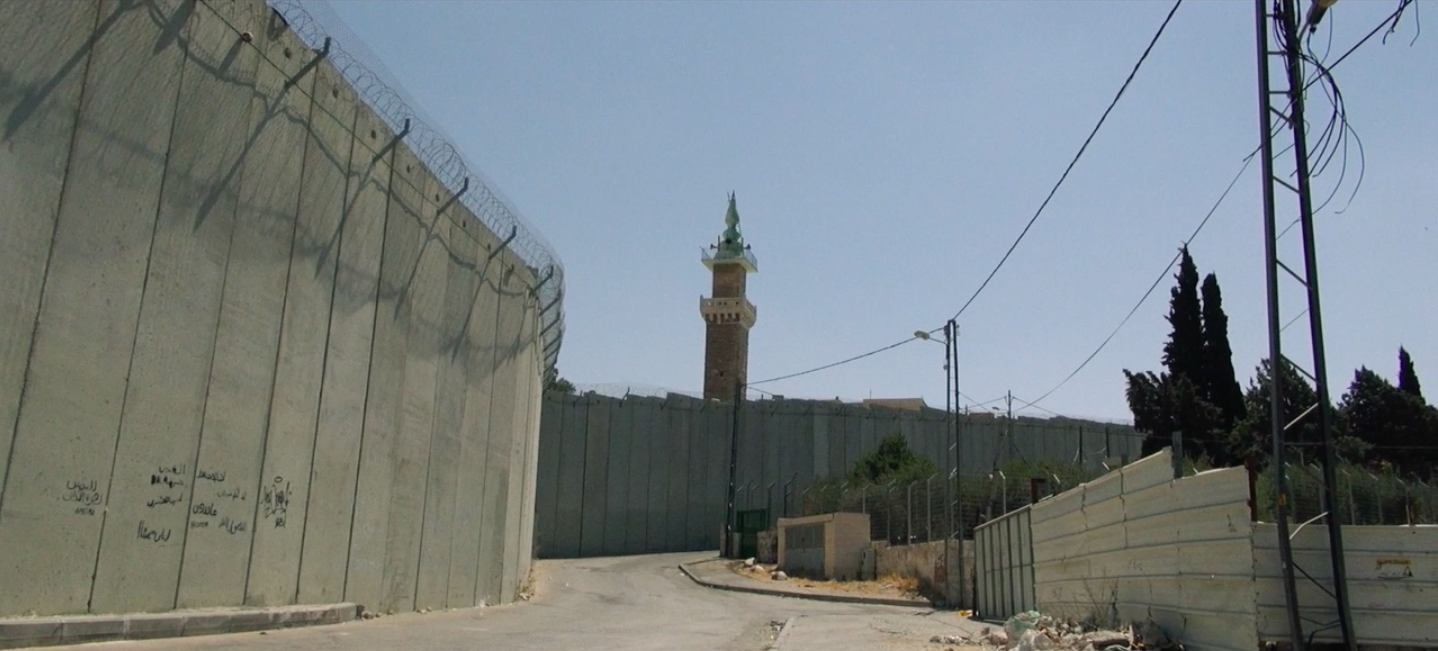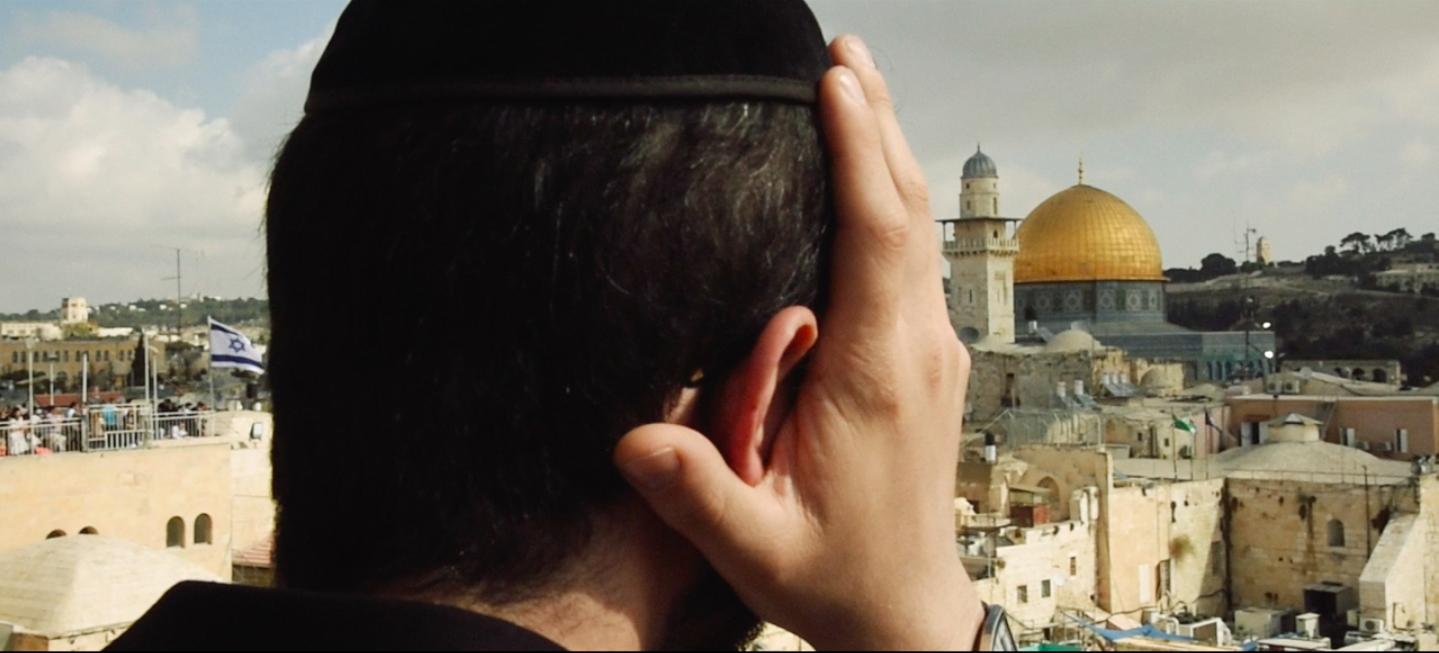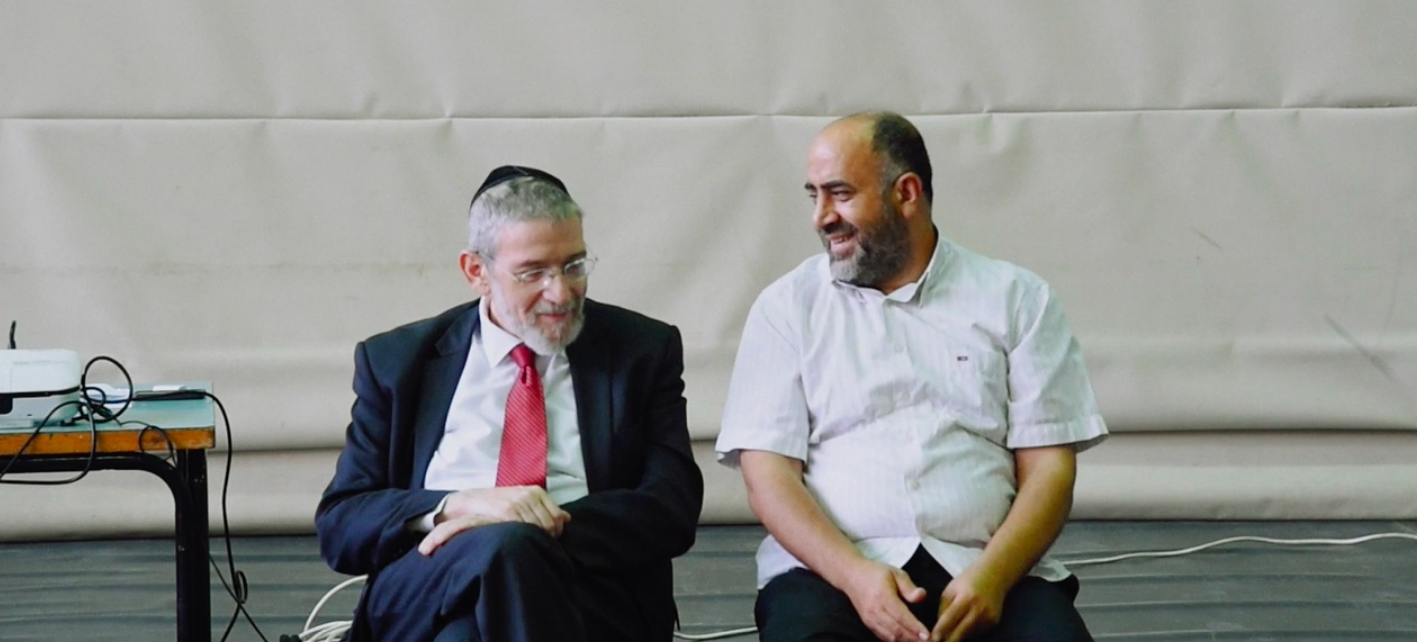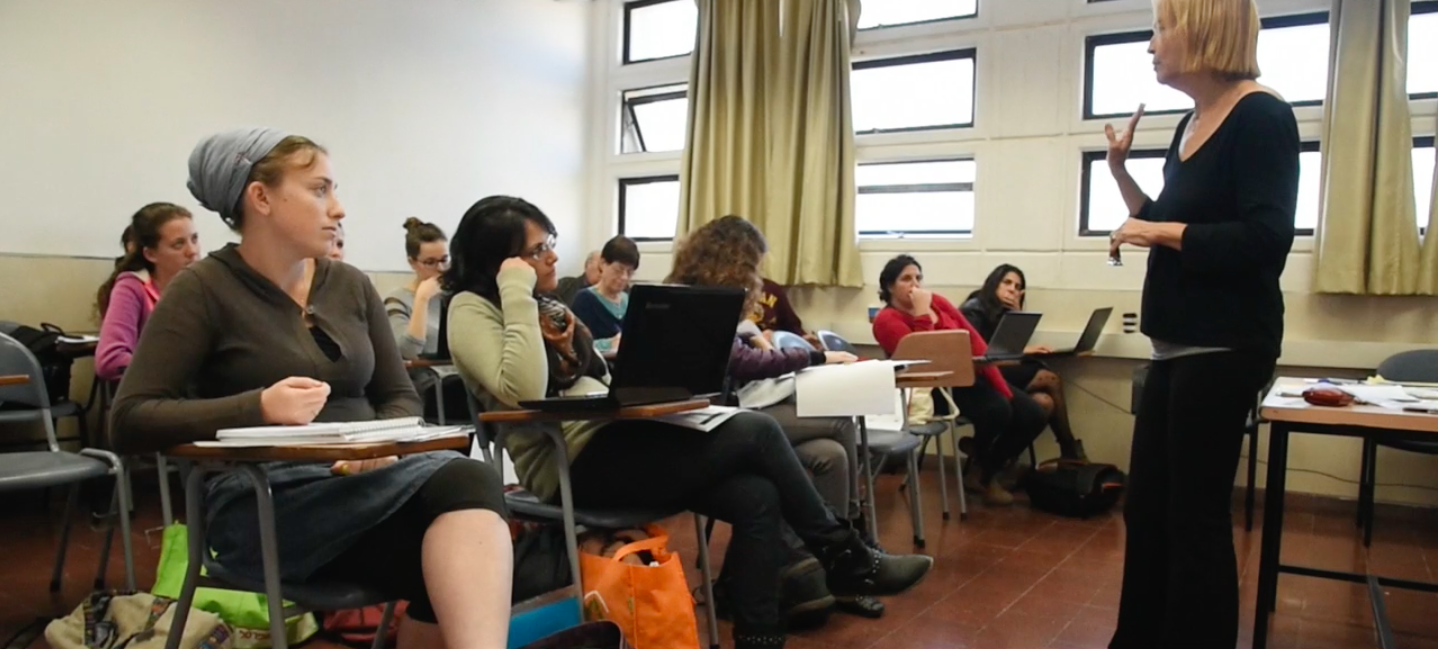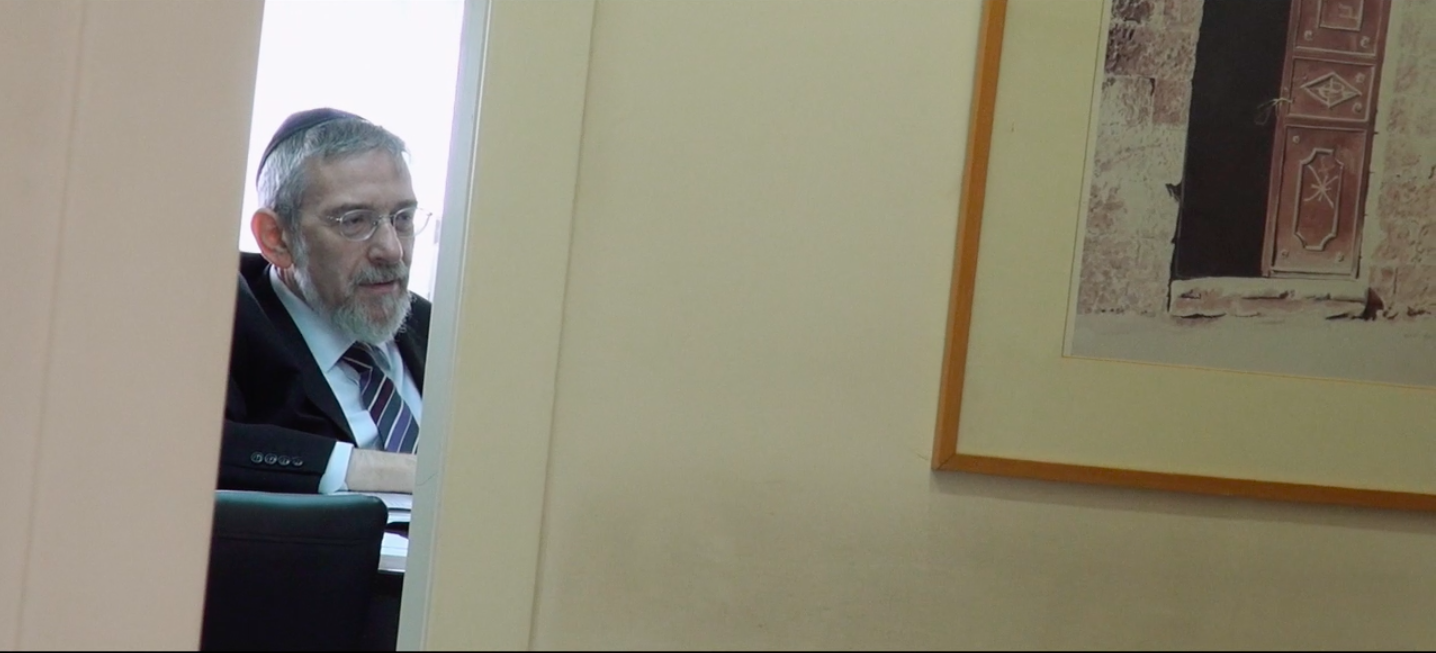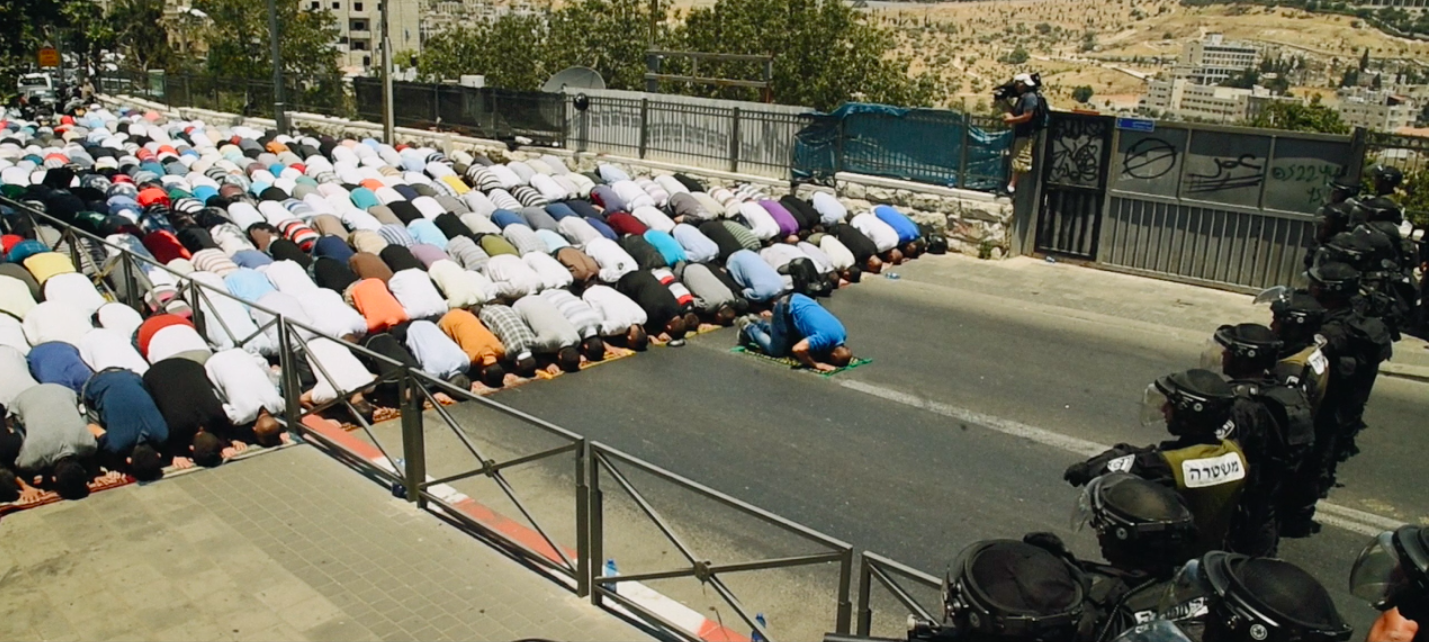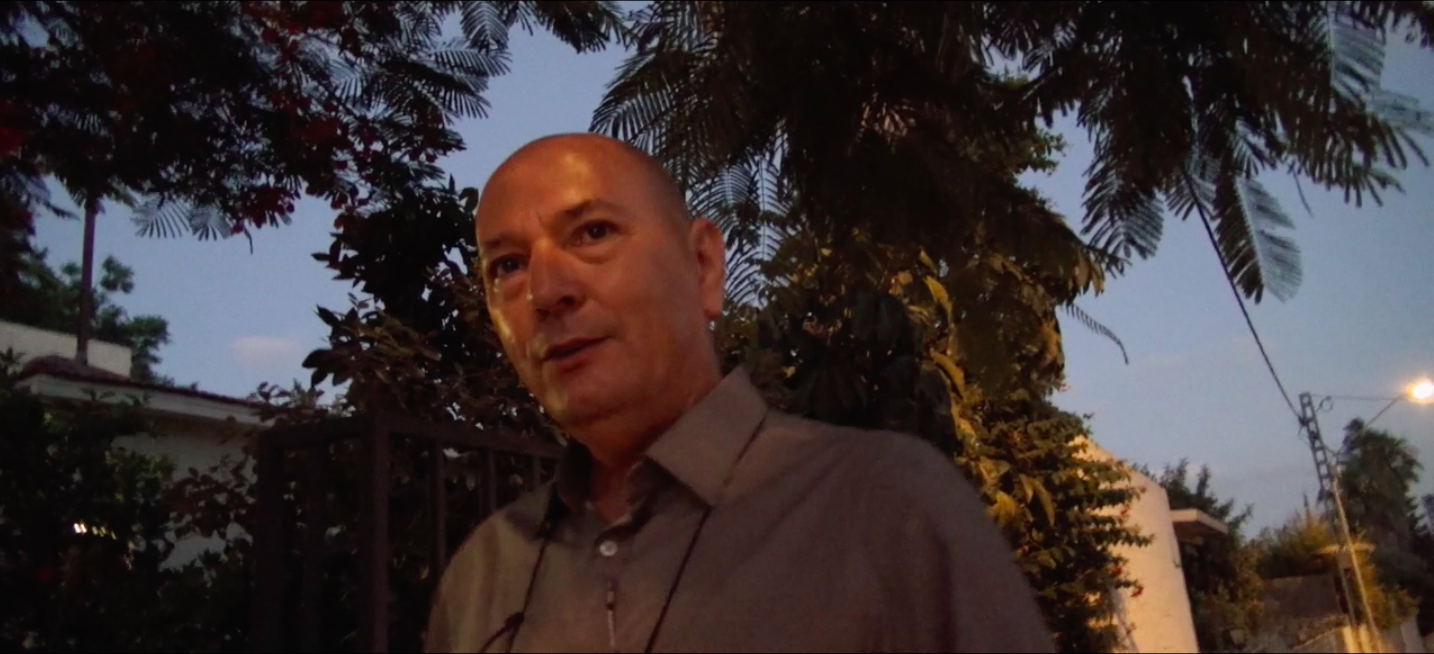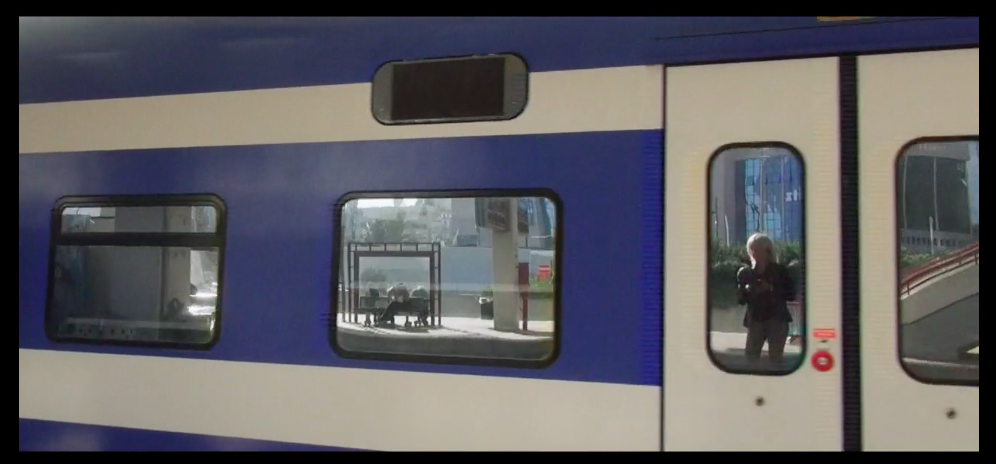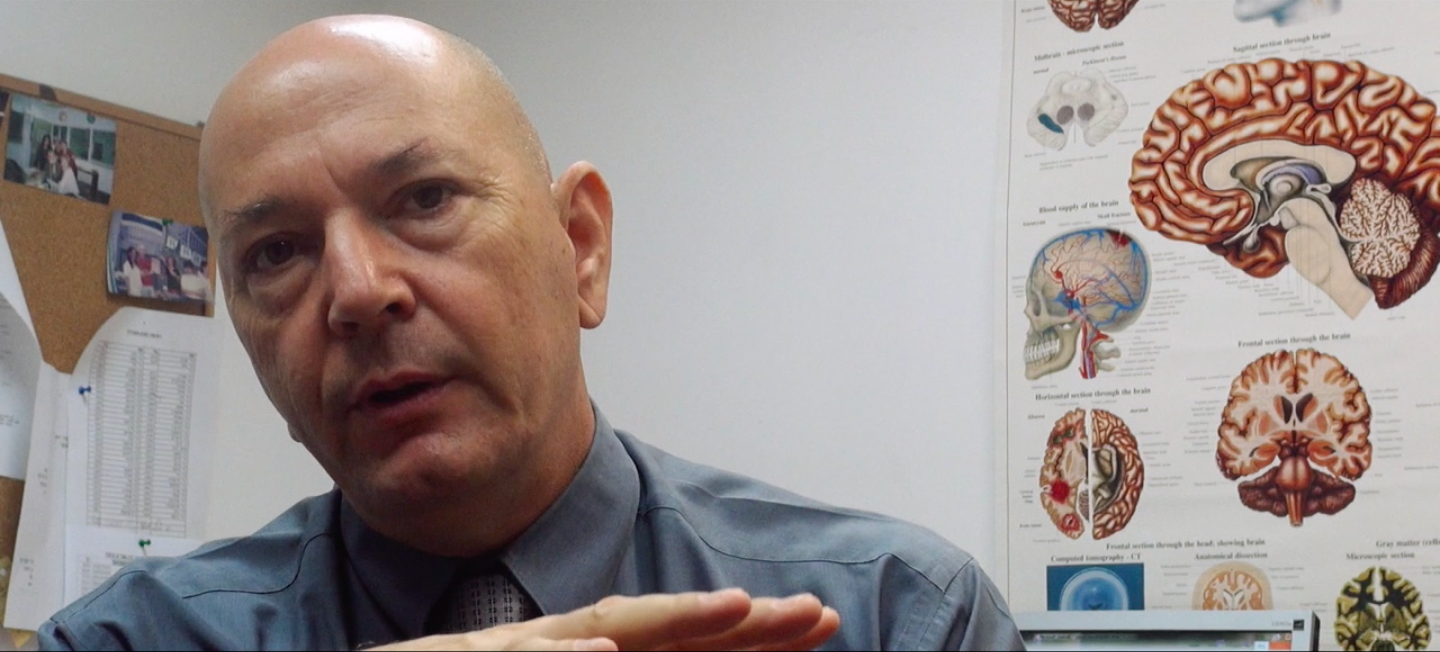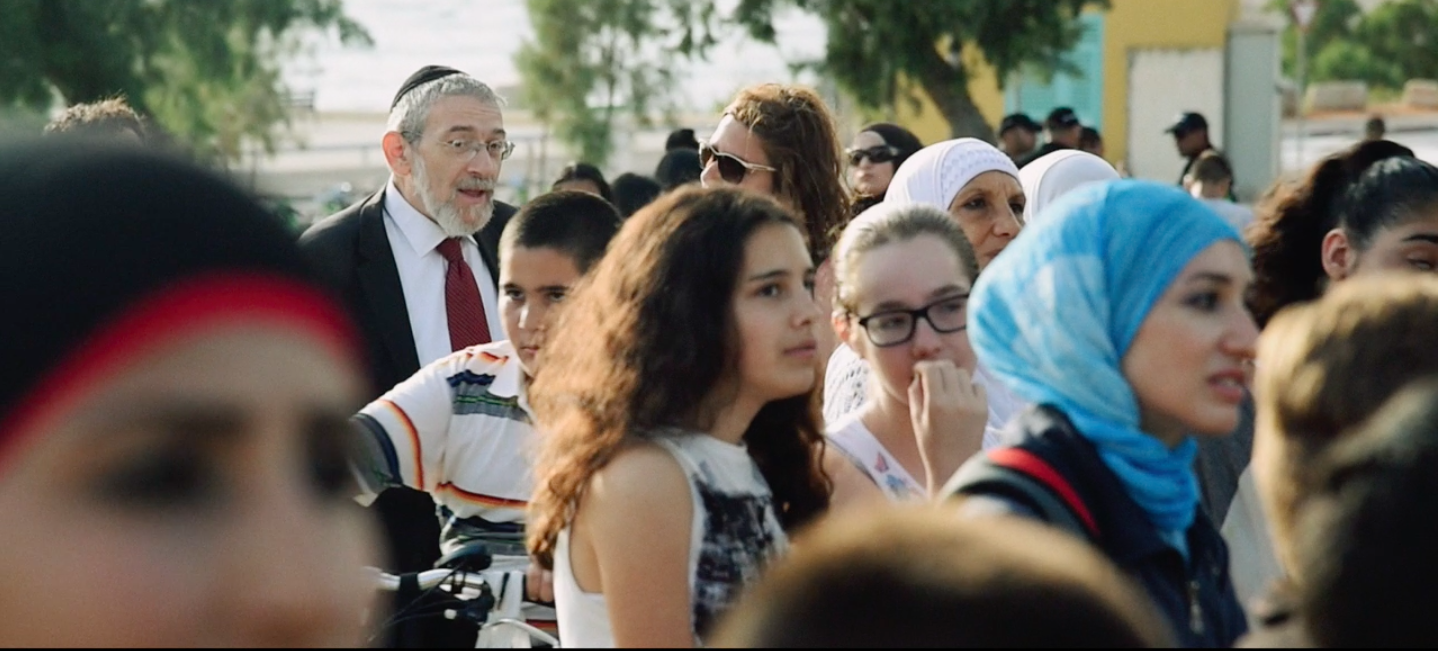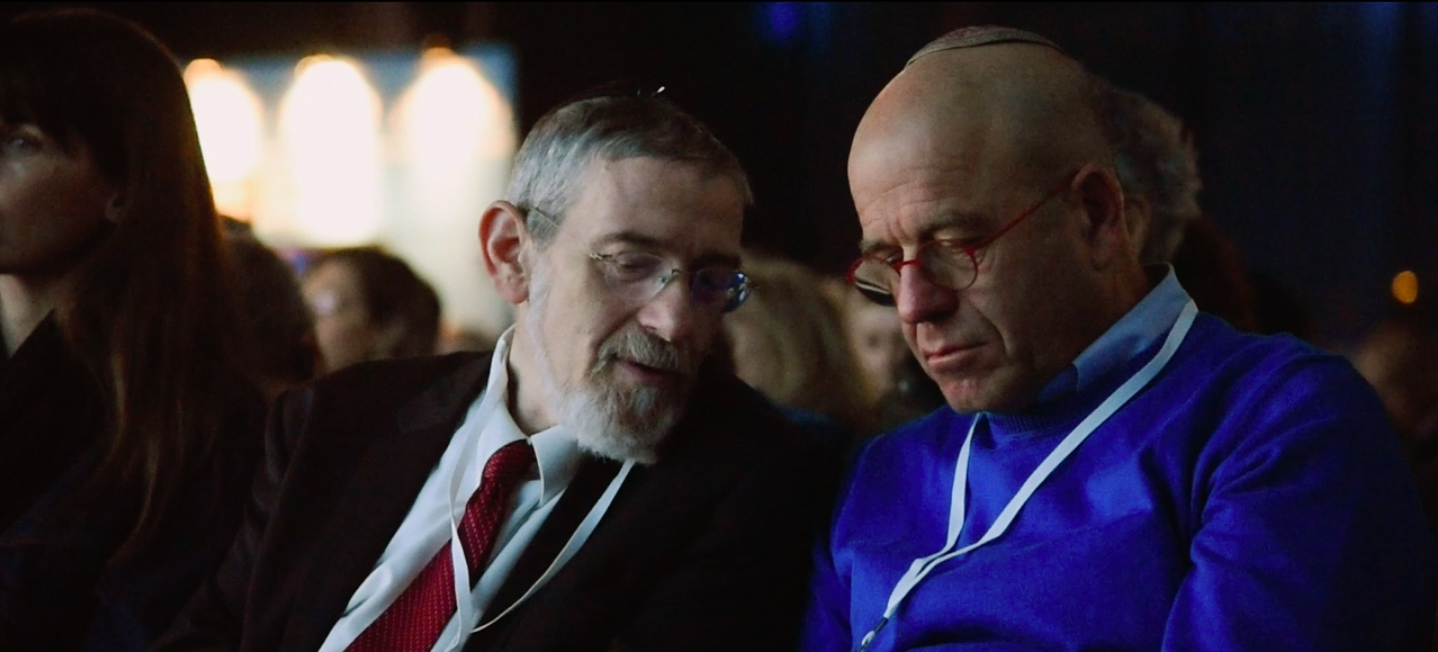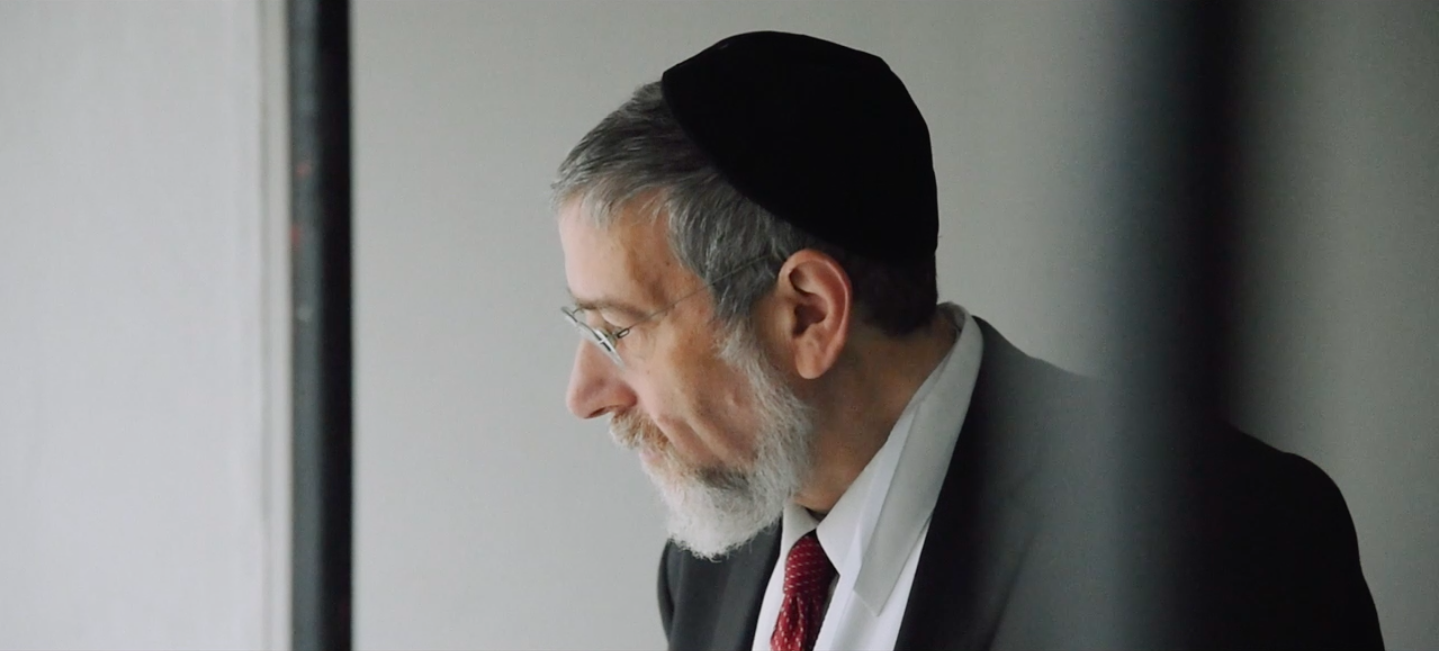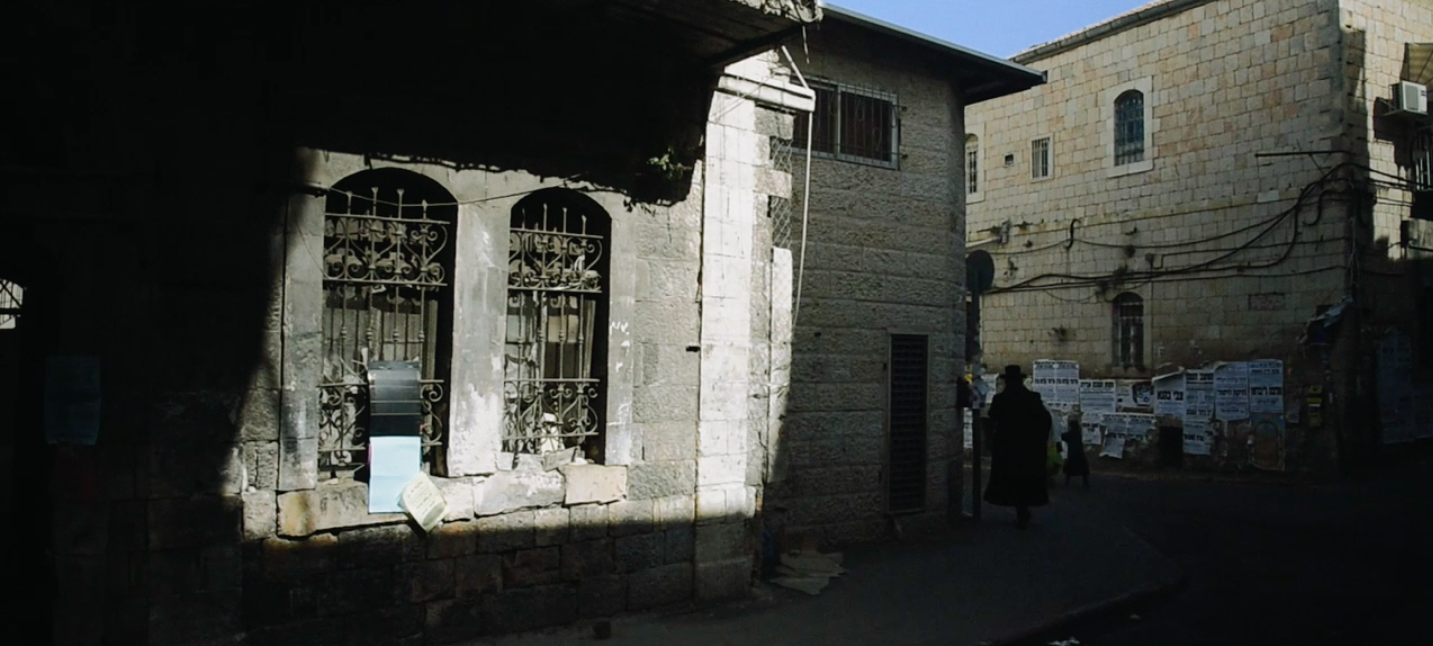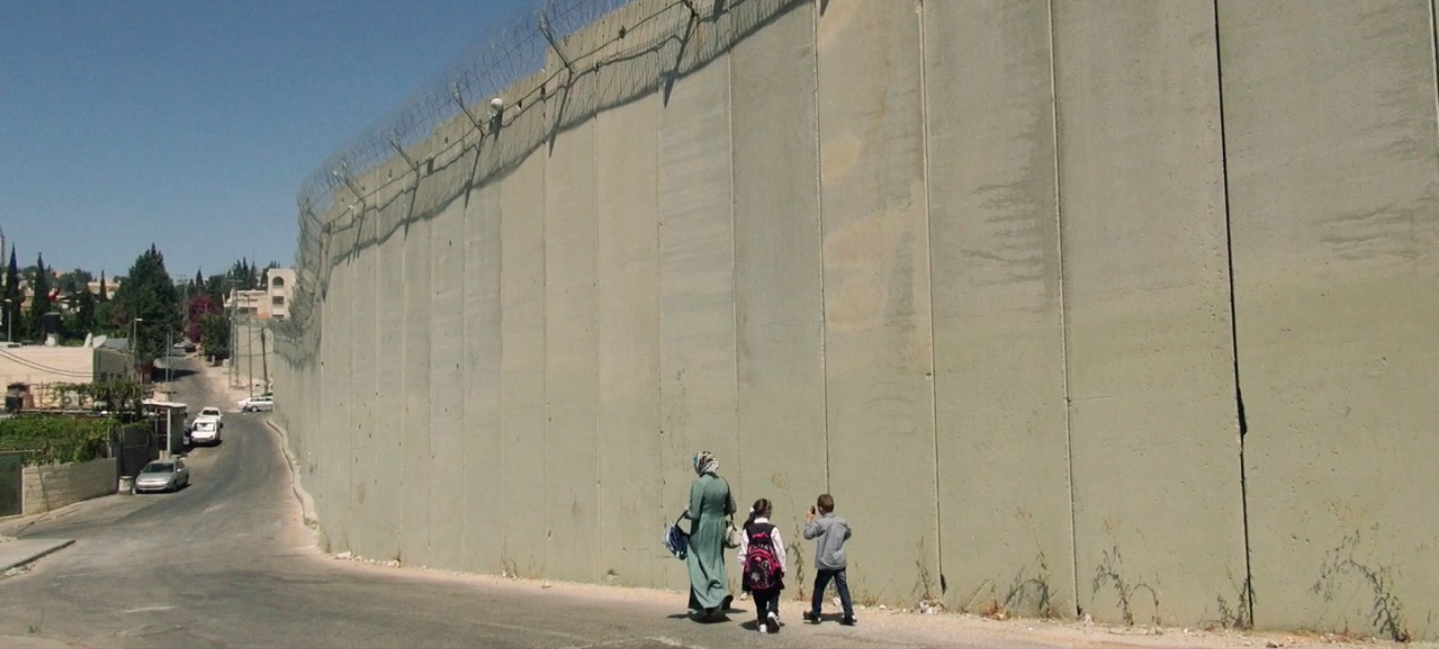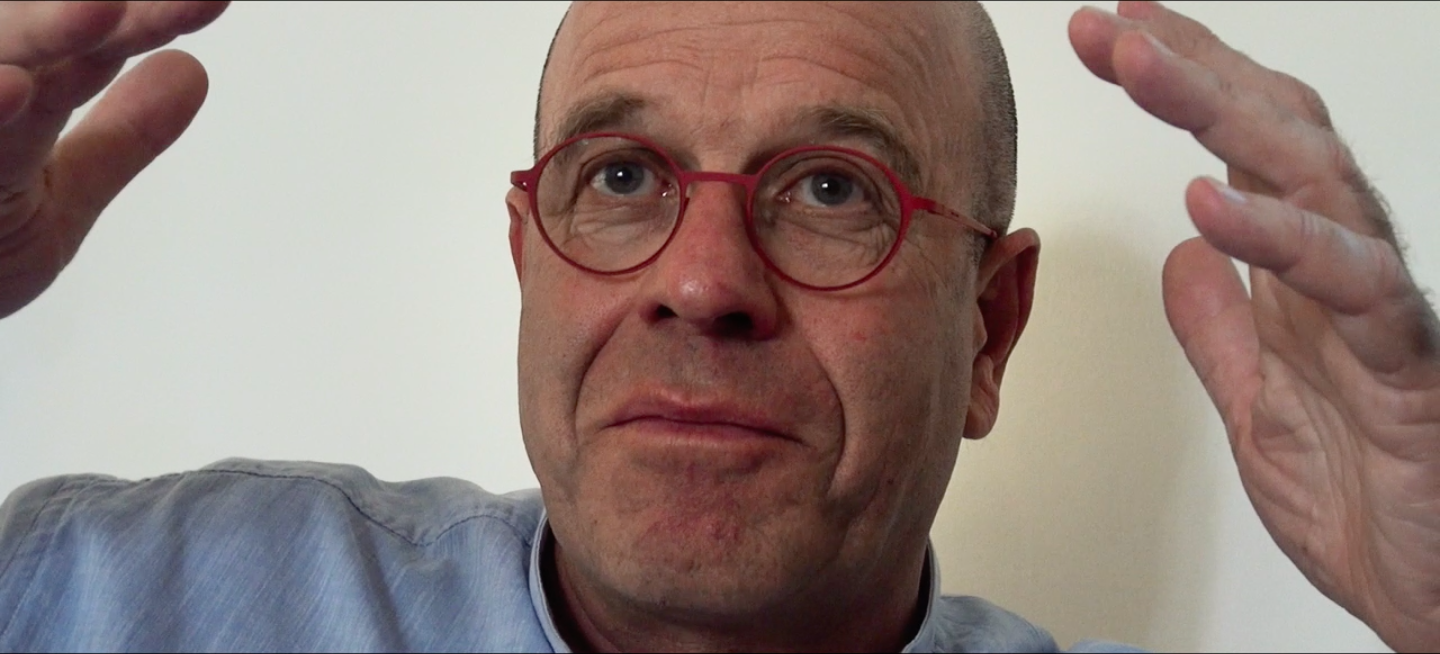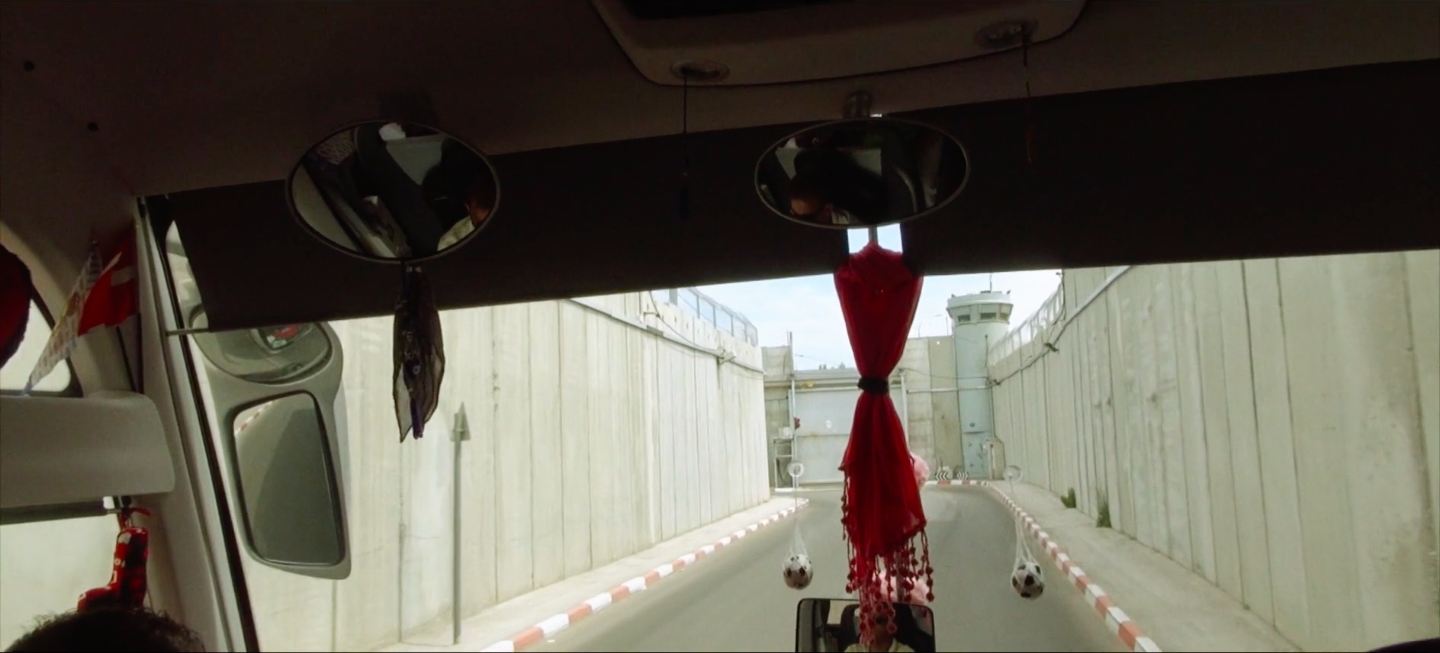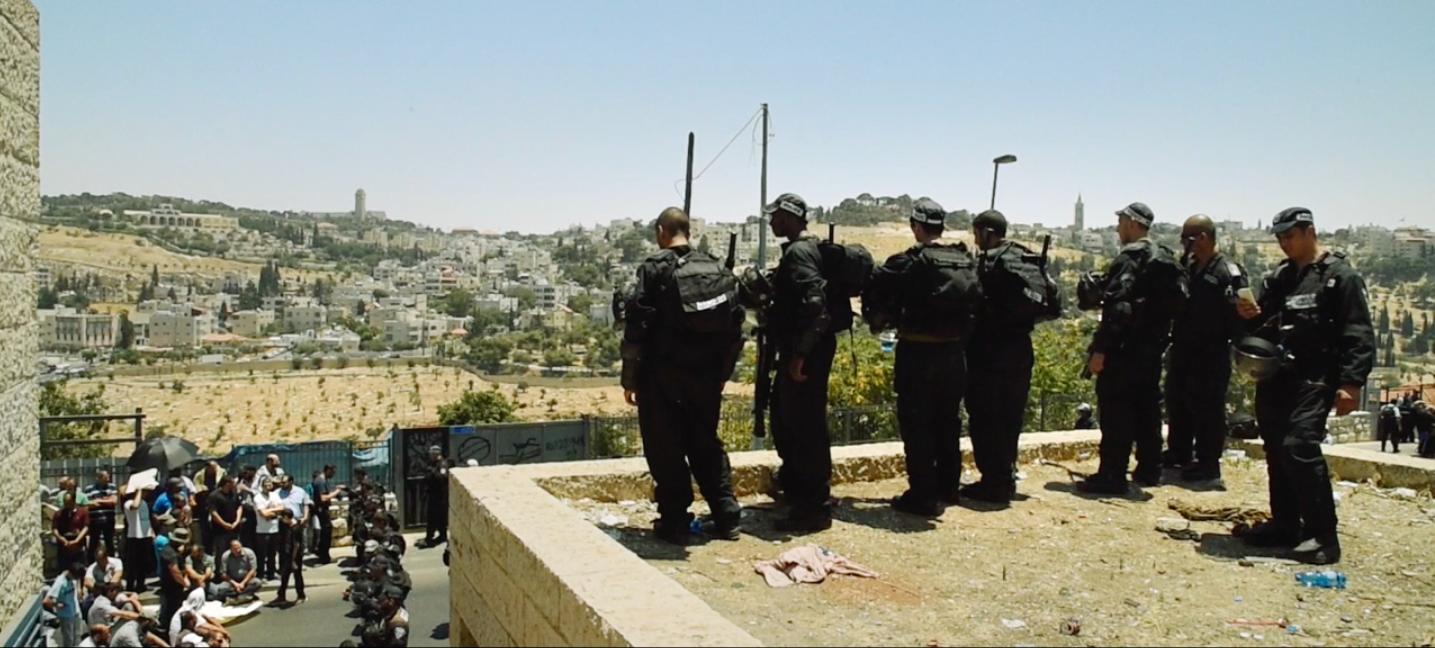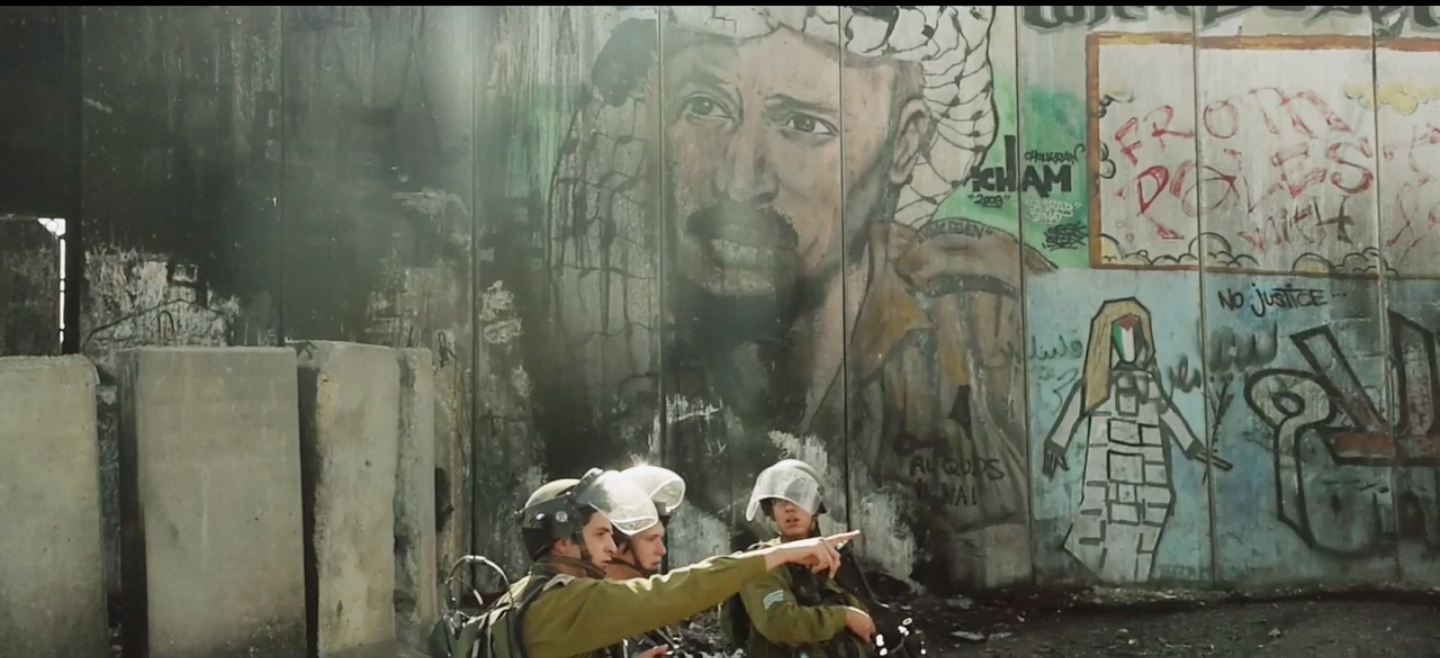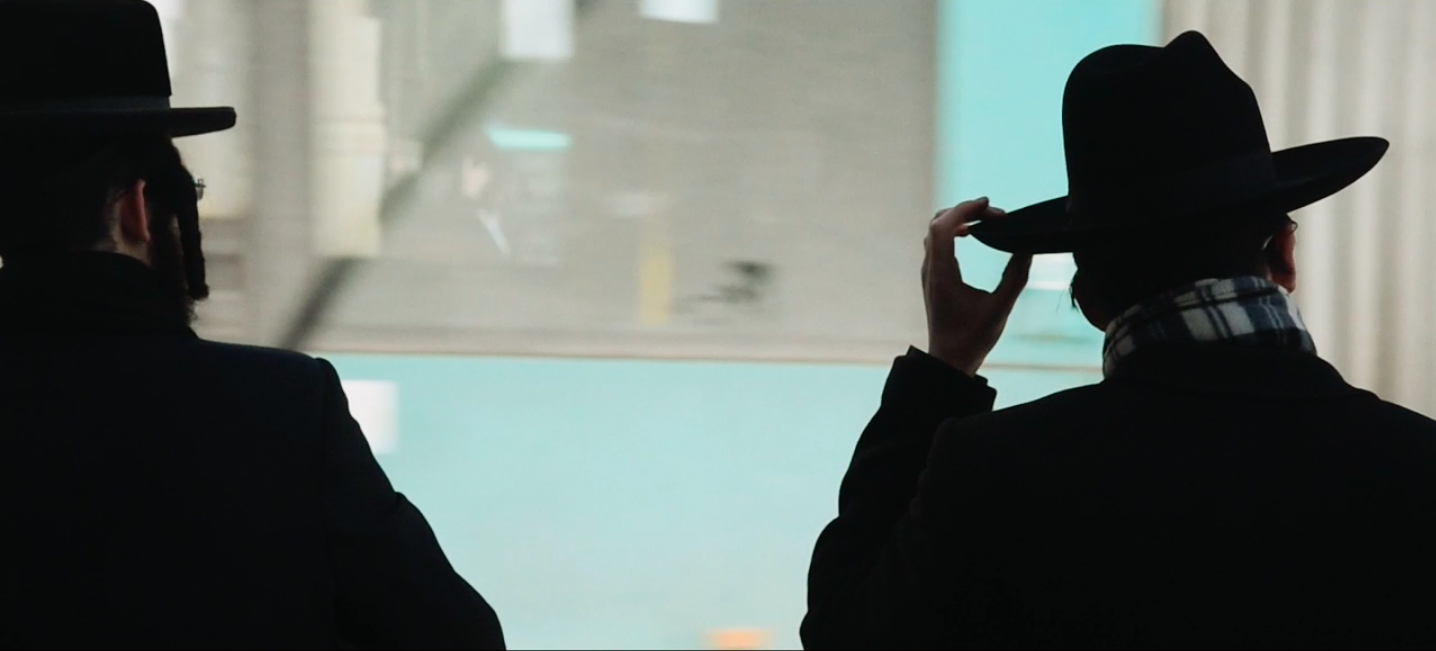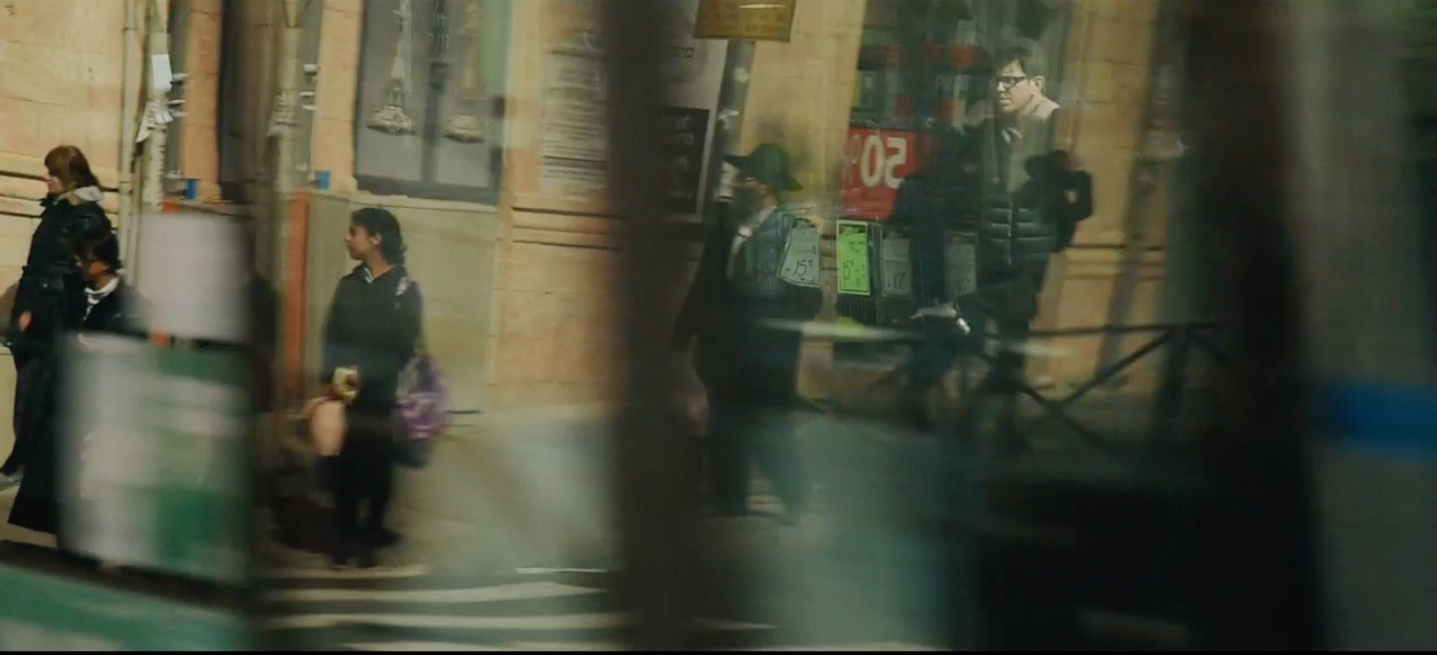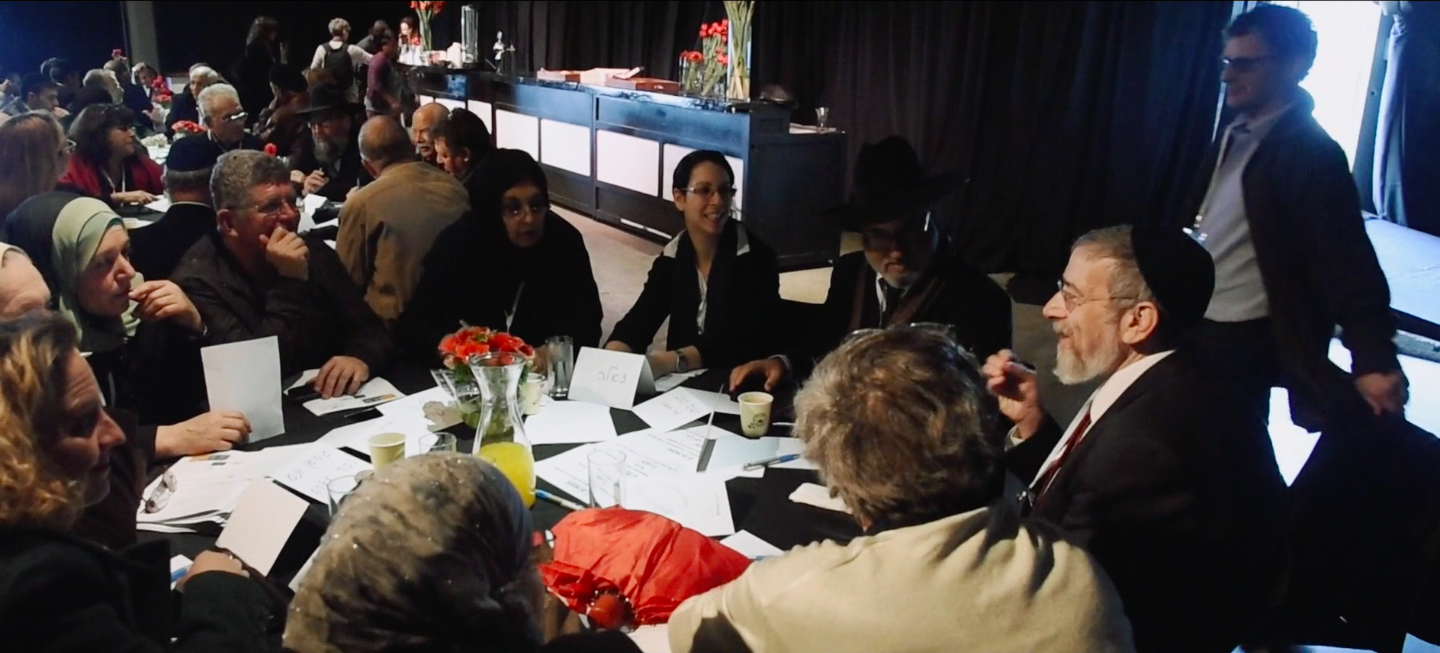We all know about the conflict between Israel and the Palestinians, the settlements and the long occupation. But do we understand the obstacles to peace? The documentary film, Shadows – when the past rules the present raises the controversial question: “Is the legacy of Holocaust the stumbling block of peace, and can the traumas of the past be broken?”
For two years the director has followed four leading members of the Israeli peace movement, while racism has grown, peace failed and the gap between us and them widened.
The documentary offers unexpected insight: An influential rabbi builds bridges to Muslims and Jihadists. A former prominent politician who turned his back to power is now, as a debater, working for peace. A historian who calls the government´s Holocaust teaching for “pure pornography” and a psychiatry professor reveals the abuse of the hidden and inherited traumas in society.
These positions, which we rarely hear about in the media, are gradually changed during the documentary, as peace again collapses. Shadows of the past and present are taking over, and step by step we see the four main characters facing a reality, they can’t control.
It is a close up view of people caught by fear and doubt. A controversial and universal story about the stumbling blocks of the past and their influence in the present and the future.
The questions raised by the director are far from her own Scandinavian background both in the matter of conflicts, traumas and religion.
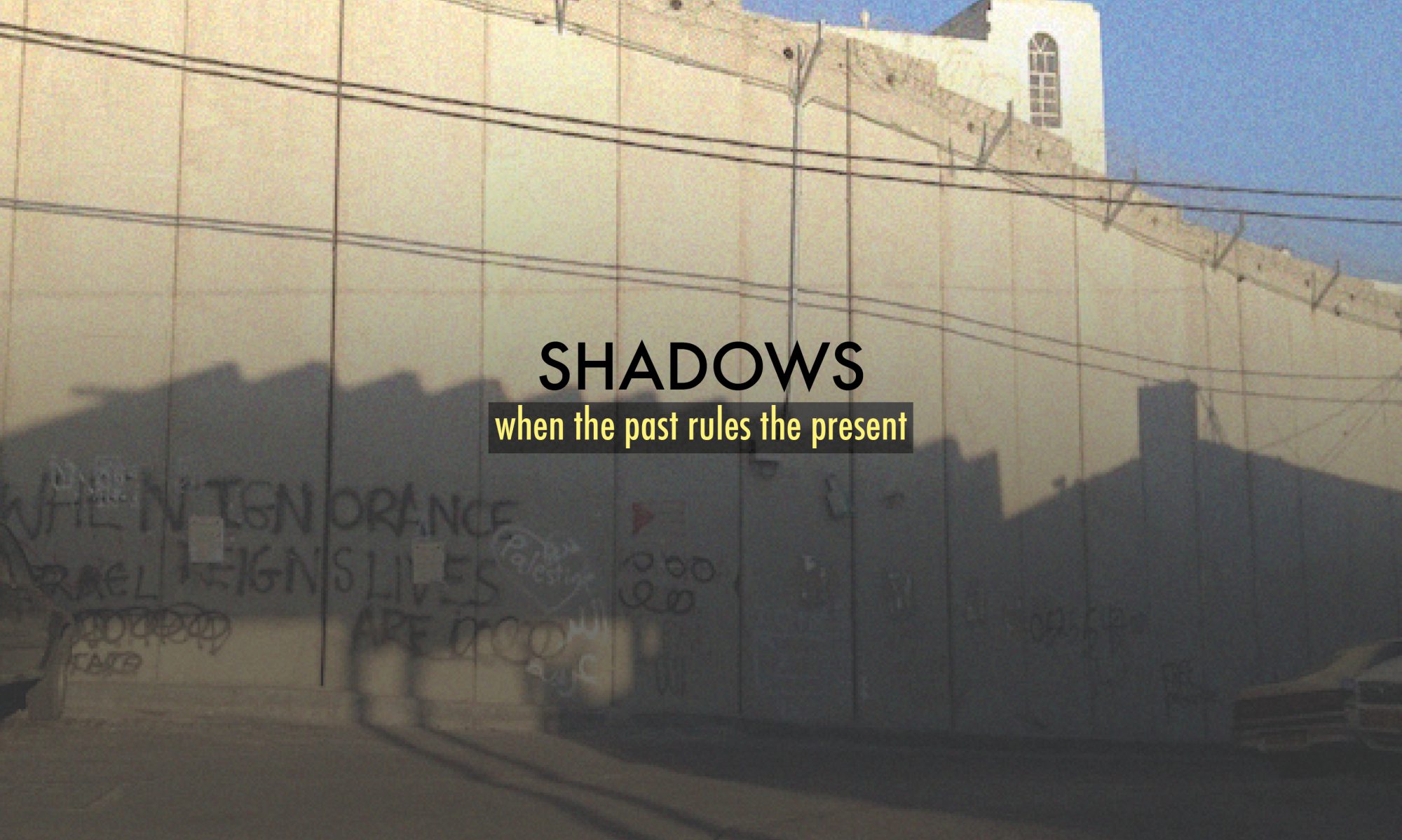
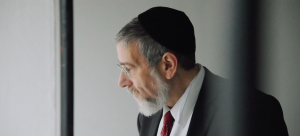 Michael Melchior, rabbi and former Cabinet Minister, a leading negotiator in interfaith dialogue between Jews and Arabs, known for his open dialogue with Jihadists. Melchior is a leading advocate both for social justice in Israel and towards a more tolerant Judaism. He believes it is the plan of God, which has brought the Palestinians and the Jews to the same land, which they in his opinion are chosen to share. Now increased terror both in Israel and Europe seems to shake his very strong belief in peace. “People are afraid today, and fear is, you are afraid of different things. Part of this fear is created, because we don´t know each other”, stated a deeply moved and very concerned Rabbi. But he is never giving up, and hope is the weapon of Rabbi Melchior and his partners.
Michael Melchior, rabbi and former Cabinet Minister, a leading negotiator in interfaith dialogue between Jews and Arabs, known for his open dialogue with Jihadists. Melchior is a leading advocate both for social justice in Israel and towards a more tolerant Judaism. He believes it is the plan of God, which has brought the Palestinians and the Jews to the same land, which they in his opinion are chosen to share. Now increased terror both in Israel and Europe seems to shake his very strong belief in peace. “People are afraid today, and fear is, you are afraid of different things. Part of this fear is created, because we don´t know each other”, stated a deeply moved and very concerned Rabbi. But he is never giving up, and hope is the weapon of Rabbi Melchior and his partners. 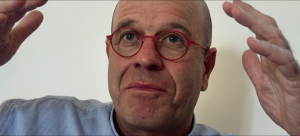 Avraham Burg is born into politics as a son of one of Israel´s founding fathers and today a disputed political writer and social activist in the country. Burg had a very active po
Avraham Burg is born into politics as a son of one of Israel´s founding fathers and today a disputed political writer and social activist in the country. Burg had a very active po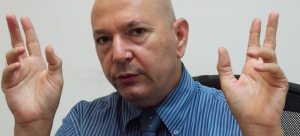 Yoram Barak is a Professor of Psychiatry and specialist in the trauma of Holocaust. He has in-depth knowledge about the traumas and how they are inherited and transferred through out generations. A ”poisonous legacy” , abused by Israeli governments in order to keep the Jewish people in the traumatic past. A dark heritage, which in his opinion is difficult to break and escape. Barak´s ability to analyze the consequences in society is almost desperate clear, although with humor in the beginning. But after the Gaza war and an election even more hostile to peace than before, Barak sees no hope and no compassion in the Israeli society and in the end of the film Barak and his wife, leave Israel for a longer period of reflection.
Yoram Barak is a Professor of Psychiatry and specialist in the trauma of Holocaust. He has in-depth knowledge about the traumas and how they are inherited and transferred through out generations. A ”poisonous legacy” , abused by Israeli governments in order to keep the Jewish people in the traumatic past. A dark heritage, which in his opinion is difficult to break and escape. Barak´s ability to analyze the consequences in society is almost desperate clear, although with humor in the beginning. But after the Gaza war and an election even more hostile to peace than before, Barak sees no hope and no compassion in the Israeli society and in the end of the film Barak and his wife, leave Israel for a longer period of reflection.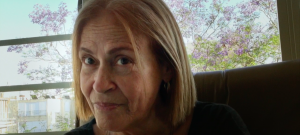 Hanna Yablonka is a Professor of Holocaust Studies at the Ben-Gurion University. A controversial historian known for her outspoken criticism on Holocaust education which she calls ”pure Holocaust pornography”. Yablonka is deeply related to the heritage of the Holocaust through her parents both survivors from Auschwitz. She is the only of the four characters with this relation, a heritage which Yablonka has been struggling against both in her education and her outspoken criticism of the government´s abuse of Holocaust. Despite her rejection of victimh ood Yablonka was caught by the waves of anti-Semitism after the Gaza war. Suddenly the impact of a traumatic heritage was clear. In the end Hanna expressed a deep concern of the future of her adult children in Israel. She wished them to leave.
Hanna Yablonka is a Professor of Holocaust Studies at the Ben-Gurion University. A controversial historian known for her outspoken criticism on Holocaust education which she calls ”pure Holocaust pornography”. Yablonka is deeply related to the heritage of the Holocaust through her parents both survivors from Auschwitz. She is the only of the four characters with this relation, a heritage which Yablonka has been struggling against both in her education and her outspoken criticism of the government´s abuse of Holocaust. Despite her rejection of victimh ood Yablonka was caught by the waves of anti-Semitism after the Gaza war. Suddenly the impact of a traumatic heritage was clear. In the end Hanna expressed a deep concern of the future of her adult children in Israel. She wished them to leave.